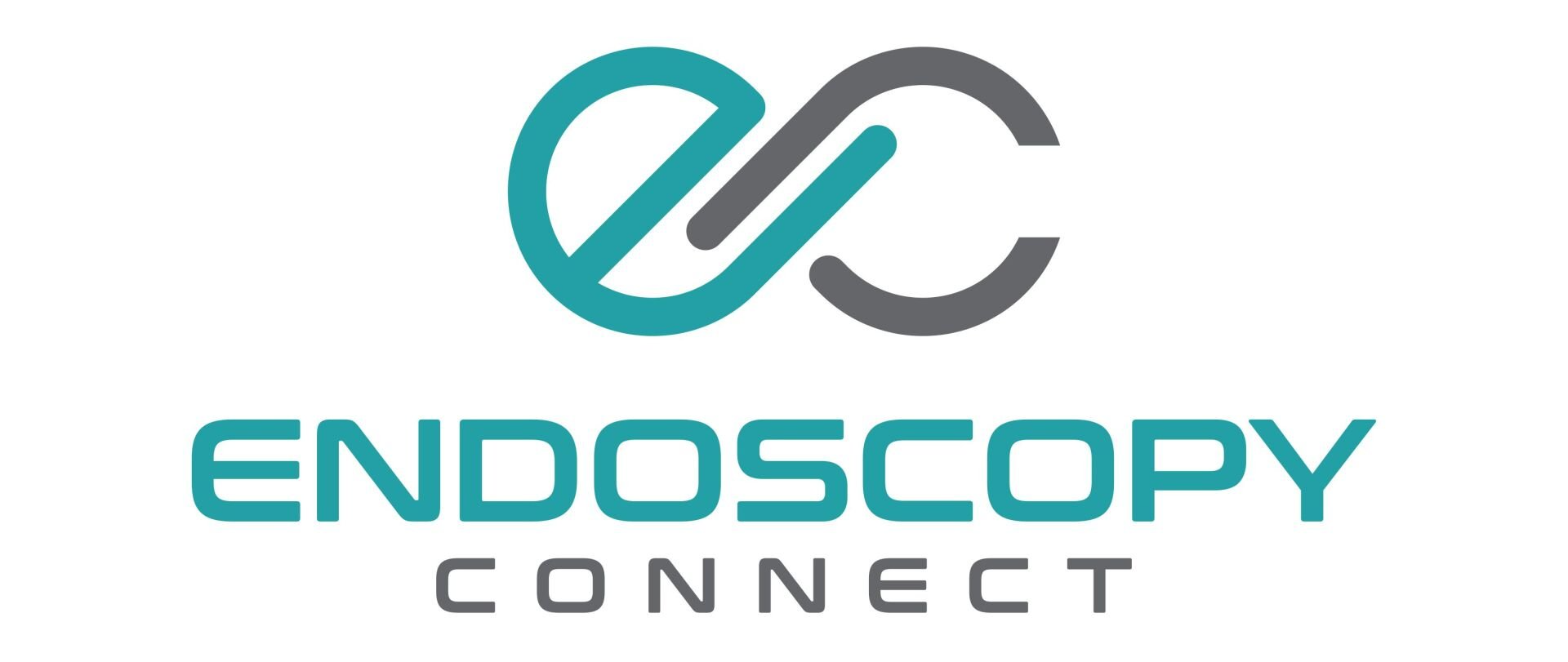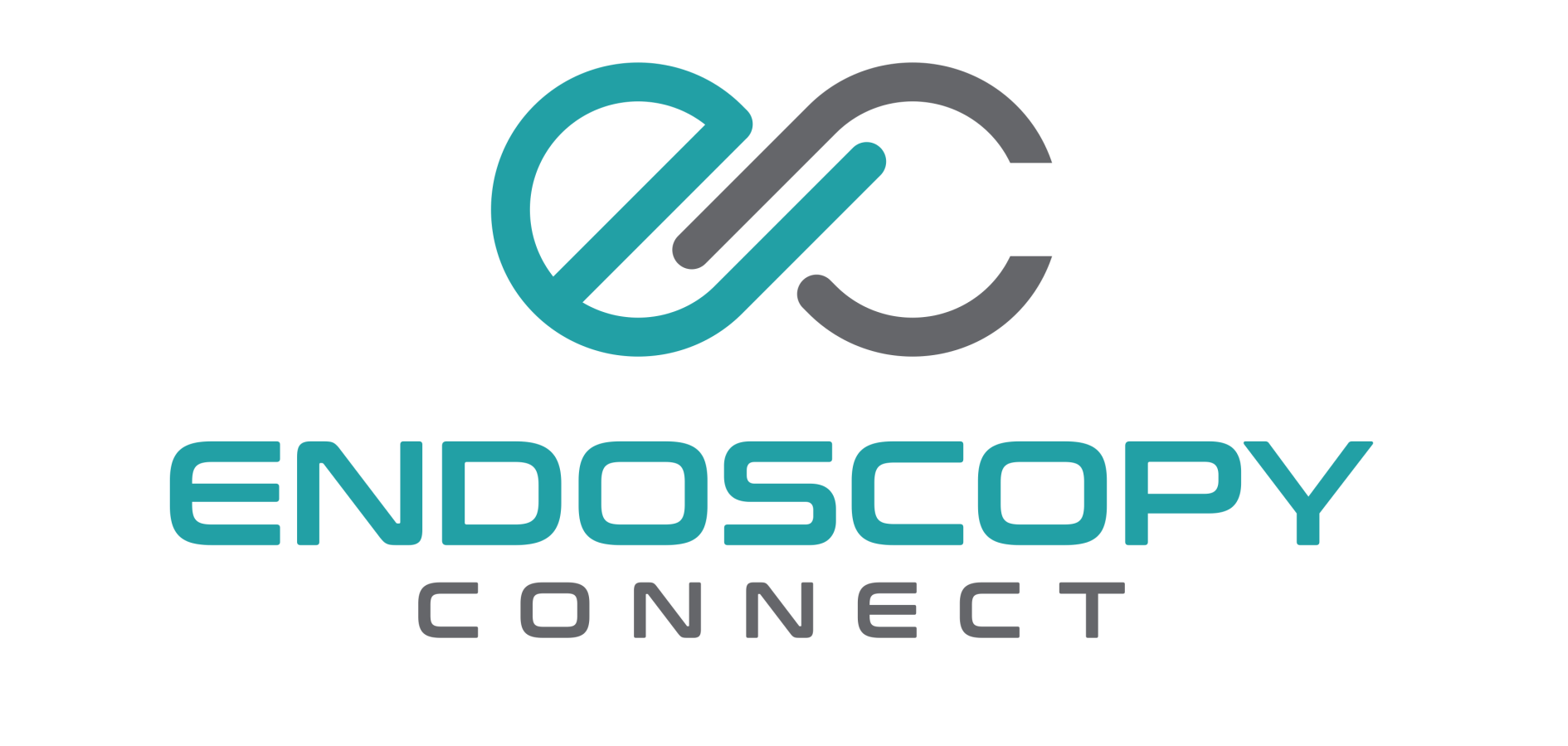Colonoscopy
Colonoscopy
Colonoscopy is a procedure that enables your Doctor to examine the lining of the colon (large bowel) for abnormalities, by inserting a thins flexible tube that has a tiny camera lens and light source, called a colonoscopy into the anus and advancing it slowly into the rectum and colon.
Investigate Symptoms
- A colonoscopy may be performed to find the cause of signs and symptoms including:
- Screening and surveillance for colorectal cancer
- Unexplained anemia
- Bleeding from the rectum
- Unexplained weight loss
- Blood in the stools
- Pus or mucus in the stools
- Unexplained abdominal pain
- Changes in bowel habits such as long-lasting diarrhea or chronic constipation
For Diagnosis
- A diagnostic colonoscopy may be performed if you have colon-related symptoms or signs that may indicate an underlying disease process, such as:
- Colon cancer
- Hemorrhoids
- Diverticular Disease, or
- IBD (Crohn's disease and ulcerative colitis)
For Treatment
- Many abnormalities can be treated directly during colonoscopy with little or no discomfort, for example:
- Removing polyps
- Stretching narrowed areas
- Removing swallowed objects
Risks
- A colonoscopy is a very safe procedure, although rare complications include:
- Bleeding from the site where a tissue sample (biopsy) was taken, or a abnormal tissue like a polyp was removed
- Intestinal perforation (poking a hole in the bowel)
- Not detecting polyps or cancer
- Adverse reactions associated with the bowel preparation or sedation
- Infection
You can reduce the risk of complications by carefully following instructions for your colonoscopy, such as effective bowel preparation, fasting and stopping certain medications.
Complications
- The most common adverse effects associated with colonoscopy include:
- Bloating
- Nausea
- Abdominal pain
- Vomiting
How you prepare
- How you prepare
1. You will require a REFERRAL FORM from you GP
2.You will need to complete the online PATIENT INFORMATION FORM and submit it to us before we can book your procedure
On your PATIENT INFROMATION FORM it is important that you identify all medications (prescription and non-prescription), vitamins, minerals and herbal supplements you are currently taking. In some cases you may be required to stop taking certain medications or adjust your usual dose. This is particularly important if you:
- Have diabetes
- Take blood thinning medications, such as Aspirin, Clopidogrel, Pradaxa or Warfarin, or
- Take iron tablets
It is also important to list any major surgery, and / or medical conditions, like heart or lung disease, you may have.
3. The Liaison Nurse will call you to discuss:
- Any information that needs to be clarified from your PATIENT INFOMRATION FORM
- Booking details for your procedure
- Outline the next steps in your preparation
4. Bowel preparation
A clean bowel is required so the doctor can see the colon lining. The cleaning process involves:
- Modifying your diet and avoiding certain foods in the days before the procedure, you will be sent a link to download these instructions to watch a video
- You will need to purchase a 'bowel preparation kit', containing medication to help cleanse the bowel by stimulating bowel movements. The result is several hours of watery diarrhoea, so be sure you have easy access to a bathroom
- Picosalax is the bowel preparation kit that we use. You will be sent a video link on how to use it. It is vital it is important that you strictly follow the instructions in the video
Your colon must be completely clean for the procedure to be accurate and complete. So it is important that you follow the instructions carefully. If you do not, the procedure may need to be cancelled and repeated later.
5. You will also be required to stop drinking four hours before your colonoscopy (nothing to eat, drink or chew).
6. You will receive a light anaesthetic to relax you and make you more comfortable during the procedure. Although you may feel mentally alert, your memory, reaction times and judgment may be impaired. So you will need a friend or relative to drive you home and stay with you after your procedure.
What you can expect on the day
- Before your procedure
On the day of your procedure both your Doctor and Anaesthetist will come and talk to you, prior to the procedure.
- The Anaesthetist and Gastroenterologist will see you before you go into theatre
- You will be asked to sign the Hospital Consent form (even though you have completed our Consentic Consent Form Online)
- You’ll be escorted into the theatre, and asked to lie down on a trolley on your left side
- Monitors will be attached to your body, to enable your medical team to monitor your breathing, blood pressure and heart rate
- The Anaesthetist will give you a combination of sedating anaesthetic medications through an intravenous cannula to help you better tolerate any discomfort from the procedure relax, you will be asleep during the procedure.
- Once asleep, the colonoscope is introduced into your anus and advanced slowly through the entire large intestine. To get a clearer view, air and water will be pumped through the colonoscope to open up the intestinal passage
The procedure usually takes 15 to 60 minutes
After your procedure
- After your procedure
You'll be taken to the recovery room after your procedure, where you will stay for an hour or so.
During this time you'll be monitored as the anaesthetic begins to wear off. Once you're assessed as safe to go home, the recovery nurse will go through the discharge instructions with you.
Once you're at home, you may experience some mildly uncomfortable signs and symptoms after colonoscopy, such as:
- Mild bloating
- Gas pains
- A small amount of blood with your first bowel movement
But be sure to contact your doctor if you experience any of the following symptoms:
- Fever or chills
- Passing frequent blood or blood clots in your stool
- Abdominal pain, swelling, or hardening
- An inability to pass gas
- Nausea and vomiting
- Dizziness or feeling faint
- Trouble breathing
- Leg swelling, or
- Chest pain
On the same day after your procedure, as small amounts of anaesthetic medication will remain in your blood stream, it is very important that you:
- Take it easy for the rest of the day
- Do not drive a car, or travel alone on public transport
- Operate machinery
- Do not make any important personal or financial decisions for 24 hours
- Sign legal documents or
- Drink alcohol
Full recovery is expected by the next day.
Discharge instructions should be carefully read and followed.
Results
- Results
After your procedure, your Doctor will come and talk to you in the recovery room to let you know how the procedure went, and what was found.
However, if a biopsy was collected the results will take a few days to come back from the laboratory. These will go straight to your Doctor's office.
You will need to call the Doctor's secretary on 1300 457 939 to make a follow up appointment with Your Doctor to discuss your results and any further treatment you may require.

